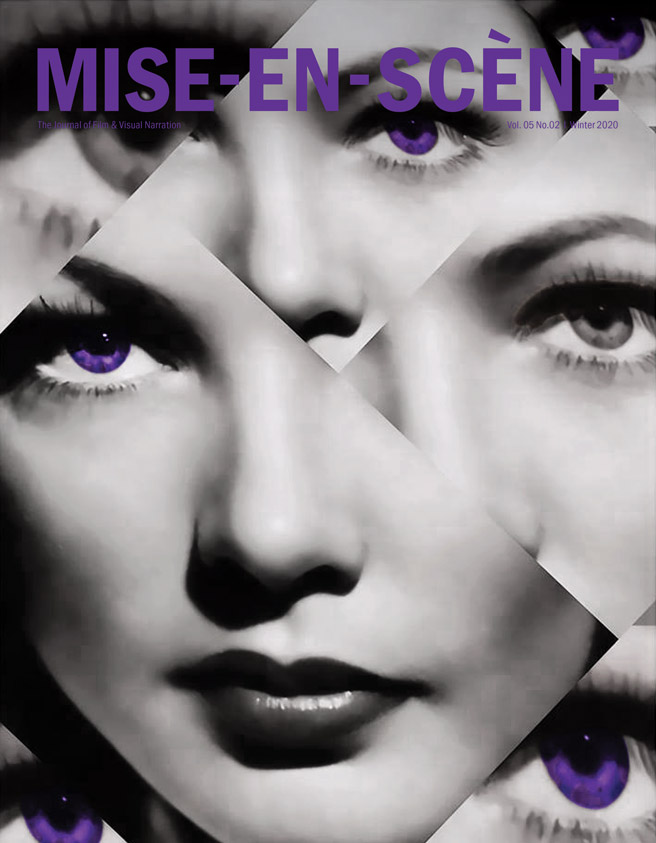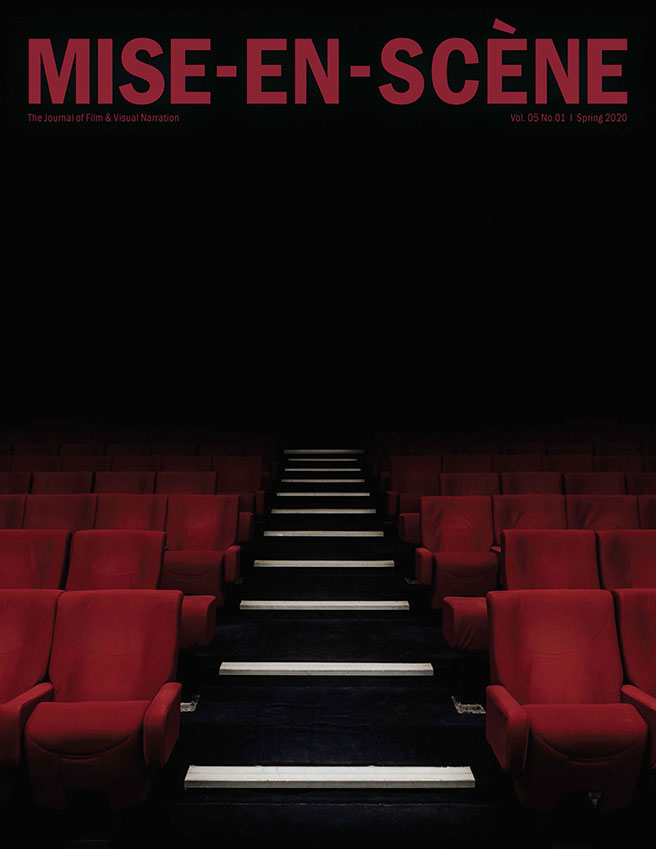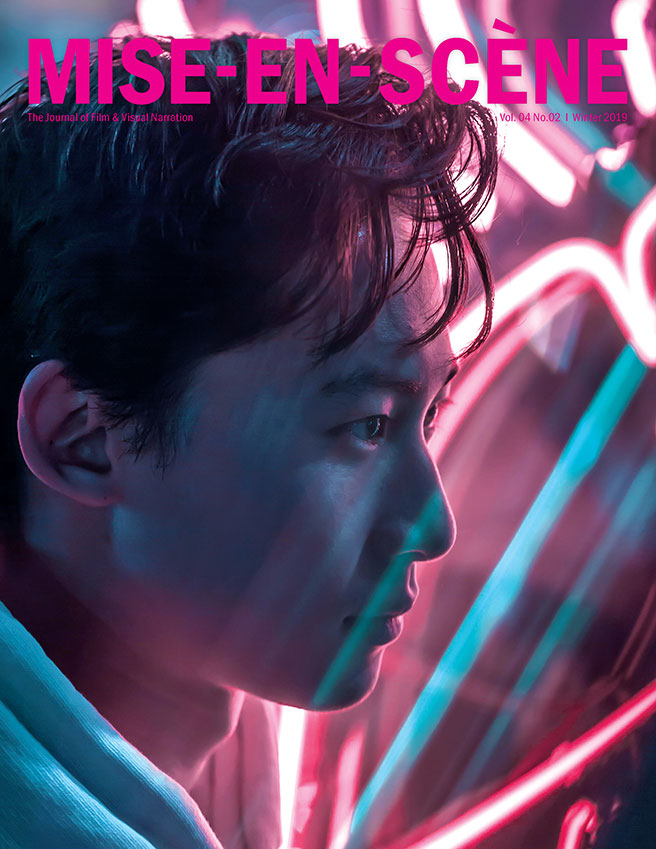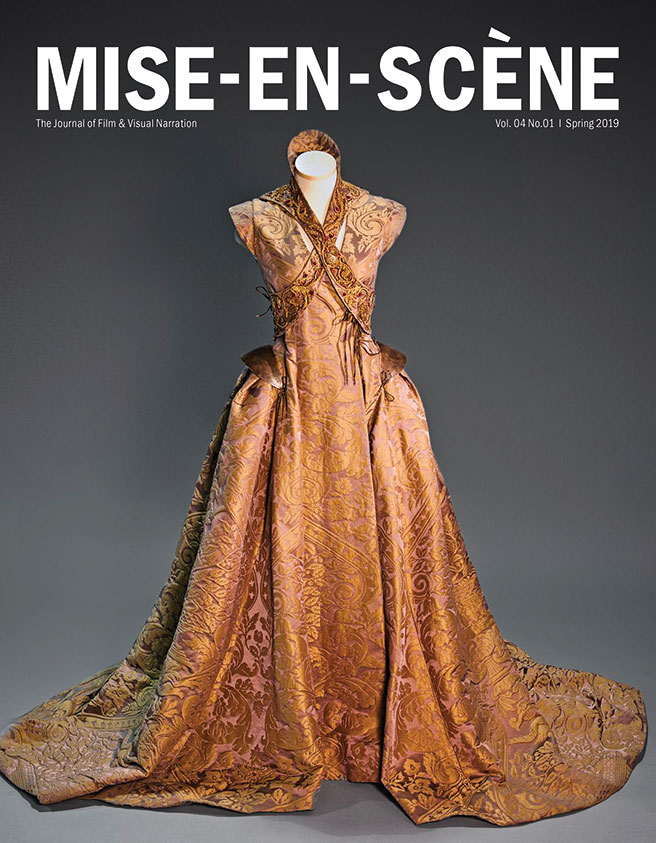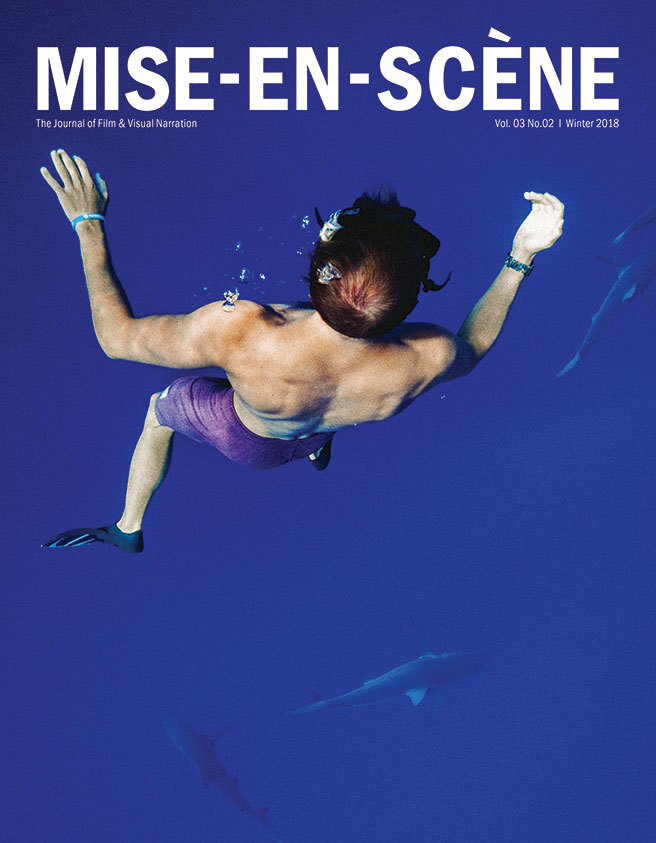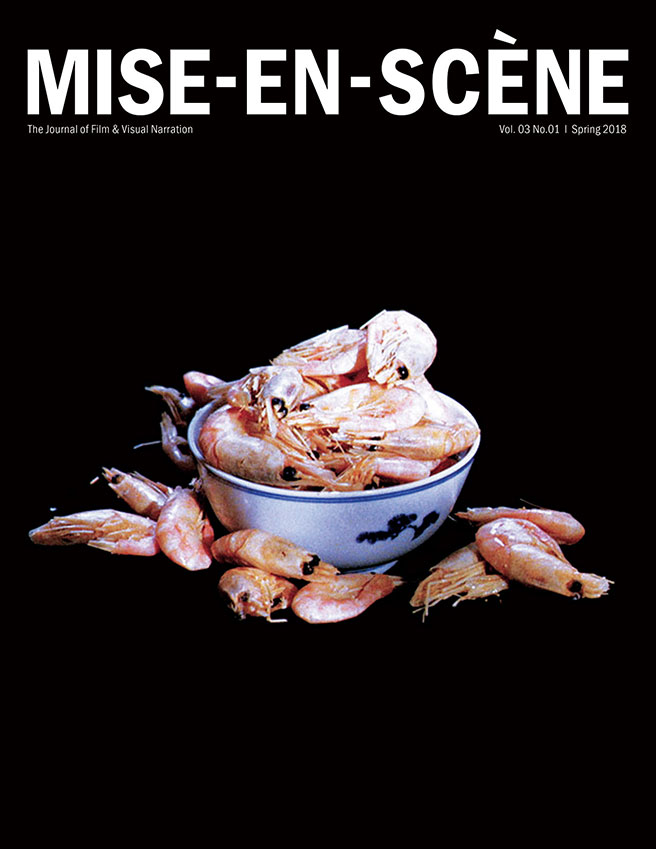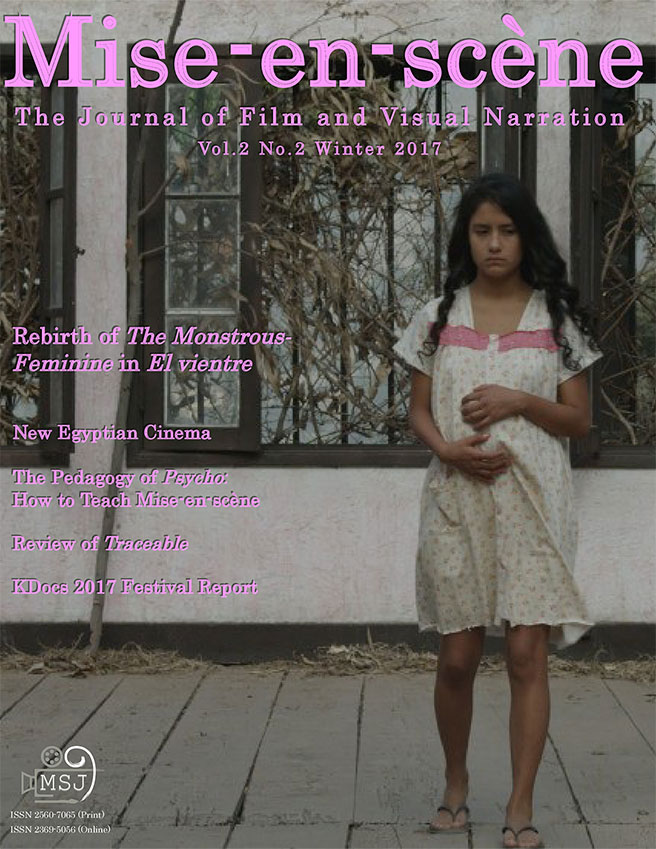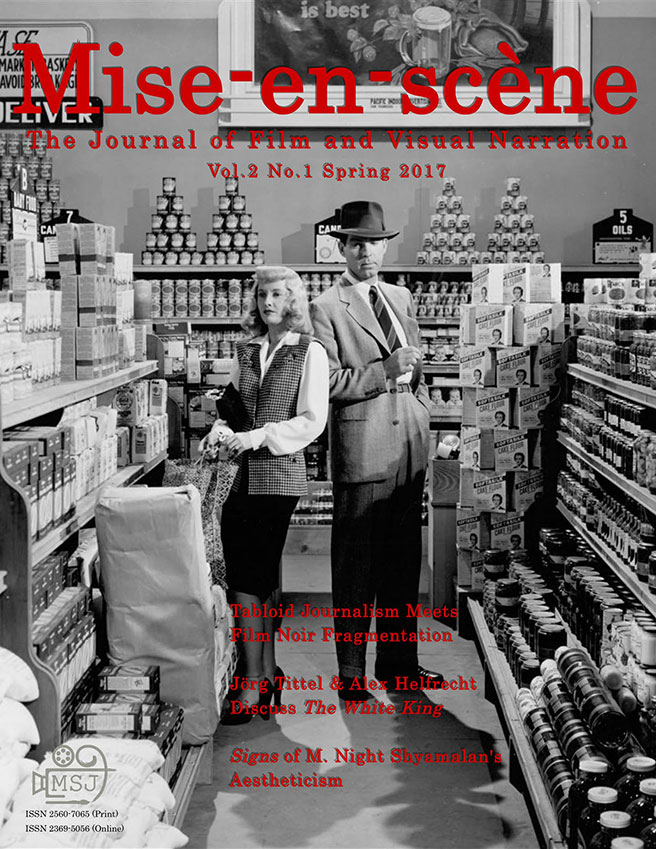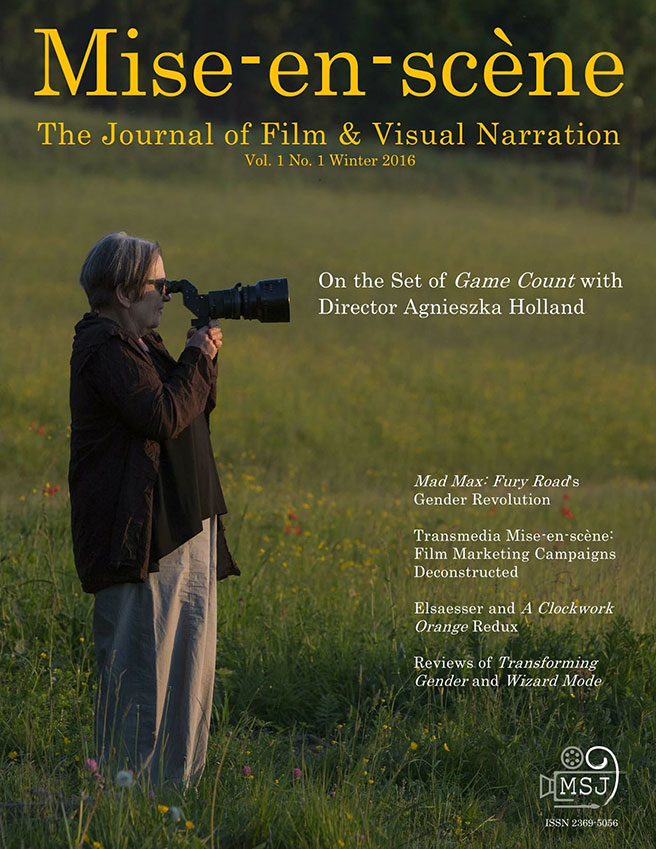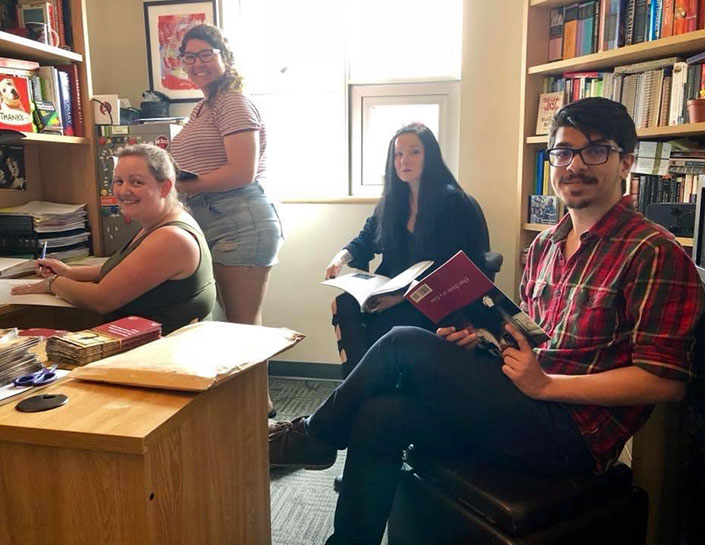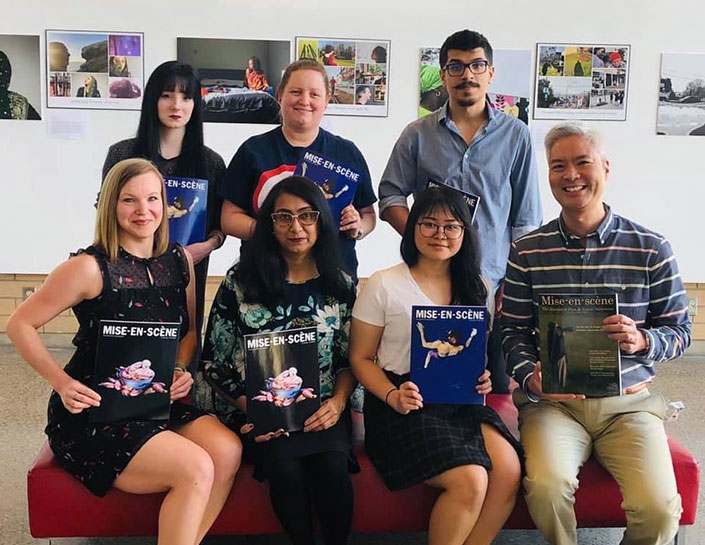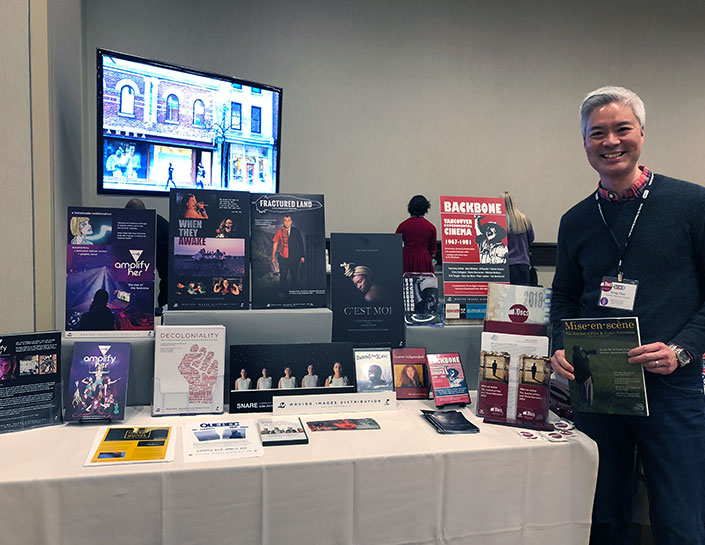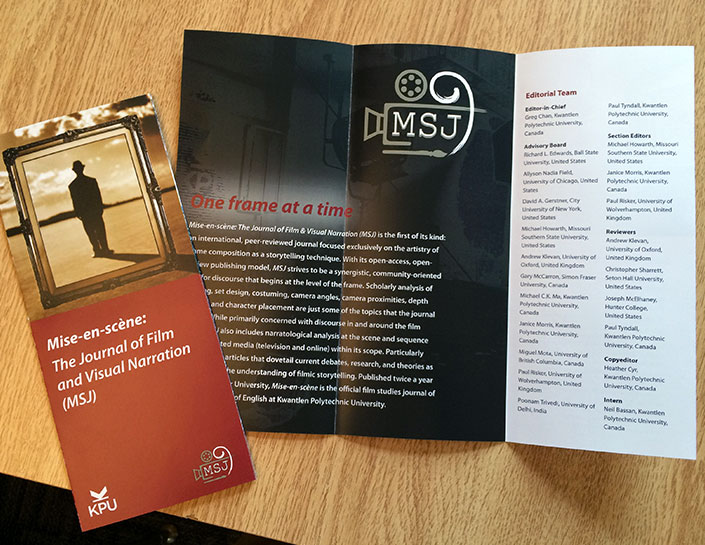A Special Series
The English Department is pleased to offer a special series of film studies courses that explore film narratives as both an art form and a scholarly field of inquiry. Taught by film studies specialists, our courses introduce students to film theory, film movements, film history, film aesthetics, film narratives, and film research and scholarship. Choosing from film courses at the first, second, third, and fourth-year levels, students can discover the cultural influence of the screen arts as they learn to read the screen. Field trips, workshops, watch parties, creative assignment options are included in the curriculum.

Courses
- ENGL 1207: Film, Television, and Online Narratives
- ENGL 2350: Critical Studies in Film
- ENGL 2355: Literary Classics on Film
- ENGL 3305: Film Theory
- ENGL 3350: Literature and Film
- ENGL 3365: Hollywood Cinema
- ENGL 4350: Topics in Film Studies
Instructors
-
Greg Chan
Greg Chan is the founder and editor-in-chief of KPU's official film studies publication, Mise-en-scène: The Journal of Film & Visual Narration, and the co-director of the KDocs Film Festival, through which he runs the Community Outreach Program, KDocs Talks, and the Social Justice Lab. His research interests include BIPOC/Asian representation in film, transtextuality, fandoms, and documentary activism, topics which he has given papers on at various conferences like the Southwest Popular Cultural Association's annual meeting. An active member of the Society for Cinema and Media Studies, Greg sits on the Caucus on Asian and Pacific Islanders; the Causes on Class; and the Caucus on Social Justice and Documentary Studies. He also serves as a juror and moderator for the Sundar Prize Film Festival, through which he oversees the KDocsFF Filmmaker’s Residency Program. On the production side of film, he is the executive producer of the KDocs Talks social justice lecture series and the "Hello, Farewell" music video featuring rapping English majors Rick "Big Love" Kumar and Calvin "Kalvonix" Tiu. He has been teaching film studies in the English department since 2012—primarily in ENGL 2350, ENGL 3350, and ENGL 4350—and enjoys taking students on field studies to the Rio Theatre in East Vancouver. With a cohort of English 2350 students, Greg guest edited Issue 7.2 of Film Matters.
-

Kelly Doyle
Kelly Doyle is an active member of the International Gothic Association, the Popular Culture Association of the South, and The Society for Cinema and Media Studies. She is an advisory board member, reviewer, contributor, and lead copyeditor for KPU's official film studies publication, Mise-en-scène: The Journal of Film & Visual Narration. Her specializations include contemporary horror film and feminist film theory with an emphasis on zombie cinema. She currently teaches ENGL 4350: The Evolution of the Zombie in Film and has been interviewed about zombies on CBC Daybreak South, Shaw TV Okanagan, and in various local newspapers. Her research interests include representations of women in horror, posthumanism, and critical animal studies, with particular attention to the ways in which horror films subvert and call into question the anthropocentric figure of the human within these critical frameworks. She has published a number of critical reviews of gothic/horror texts; most recently, "Feminist Overtones at the Vancouver Horror Show Film Festival". She has presented papers on horror film at numerous national and international conferences and published two recent book chapters that theorize notions of human and American exceptionalism, racism, speciesism, and sexism in zombie film and television.
-

Kegan Doyle
Kegan Doyle had the good fortune to come of age in the 1970s, one of cinema's great decades. Films that inspired him growing up include The Planet of the Apes, Rocky, and Quadrophenia. He is fascinated by the interplay of fiction and film, and his PhD thesis was on two writers who produced classic novels about the Studio Era, Nathanael West and F. Scott Fitzgerald. He has taught film (at Kwantlen and UBC) for over twenty-five years and has published articles on boxing in film and the genre of the biopic. His favourite films of the 21st century include Children of Men, Little Miss Sunshine, Moonlight, La Grande Bellezza, and Parasite.
-

Duncan Greenlaw
Duncan Greenlaw teaches literature, academic writing, and film at KPU. He has published on cinematic representations of national trauma in The Canadian Journal of Film Studies, and on intersections of literature and politics in his book Borders of Mourning and in articles in Mosaic and Studies in the Literary Imagination. His short stories have appeared in The Dalhousie Review, The South Carolina Review, Green Mountains Review, The Journal, and Wascana Review. He currently teaches ENGL 3350: Literature and Film.
-

Joakim Nilsson
Joakim Nilsson earned his Ph.D. from the University of Alberta, with a focus on Masculinities Studies and 20th Century American Literature and Film, as well as Medieval Literature. Focusing on representations of gender and race in film, he studies film both as primary texts—some films need to be watched over again because they are simply amazing in how they use images and narrative to tell a story--and as cultural context: film that are not great, but are revealing of socio-historical attitudes and values. He has published on masculinity and nostalgia in the film Field of Dreams (1989), and has written book reviews for KPU's official film studies publication, Mise-en-scène: The Journal of Film & Visual Narration. He is currently working on an article on the representation of male artists as kept men in post-World War Two Hollywood films. He has taught a variety of film courses at KPU, including ENGL 4350: Gender and Sexuality in Film Noir.
-

Asma Sayed
Asma Sayed is the Canada Research Chair in South Asian Literary and Cultural Studies in the Department of English at Kwantlen Polytechnic University. She specializes in Indian cinema with a particular focus on Bollywood. She writes regularly on social justice films for a periodical in Kenya. She has published numerous articles on Bollywood in a range of periodicals, anthologies, and academic journals. Her book Screening Motherhood in Contemporary World Cinema (2016) analyzes culturally specific and globally held attitudes about mothers and mothering as represented in world cinema. She has presented a number of conference papers and delivered invited talks on cinema locally, nationally and internationally. Her two recent presentations at KPU include: 1) "I am a tandoori chicken, swallow me with a glass of alcohol: Female Objectification in Bollywood films for the Arts Speaker Series and 2) "Between Science and Mythology: The World of Bollywood Science Fiction Film" for KPU and Science World Speaker Series. She is a board member and reviewer for KPU film journal, Mise-en-scene, and a member of English department's film studies committee.
-

Paul Tyndall
I first became interested in literature and film as a teenager in Halifax, N.S. and spent many hours in sitting in the dark watching movies by John Sayles, David Lynch, Jim Jarmusch and Spike Lee, to name a few of the filmmakers who first inspired my love of movies and of visual storytelling. Eventually, I completed a Ph.D. in English, focusing on nineteenth and twentieth century American literature. After teaching literature and film at UBC, Okanagan University College, and Whatcom Community College in Bellingham, WA, I ended up here at KPU, where I have been a member of the English department for almost twenty years. During that time, my teaching and research has been focused on classic and contemporary American literature on film and on Shakespeare and film.
In recent years, I have taught introductory and upper-level courses on Shakespearean Afterlives and on Shakespeare's history plays on film and television, as well as courses in film theory and in nineteenth and twentieth century American literature. In the spring of 2022, I will be teaching a new upper-level course on Hollywood Cinema. In addition to my teaching and research, I serve on the advisory board of Mise-en-Scene: The Journal of Film and Visual Narration. I am currently engaged in two book-length projects. The first, tentatively titled Shakespearean Politics on the Small Screen, examines representations of Shakespeare's history plays on television, while the second is focused on the challenges of adapting contemporary American trauma narratives for film.
-
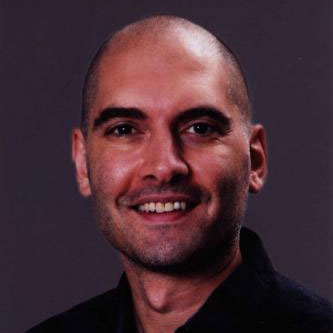
Steve Weber
Steven Weber earned his Ph.D. in English at the State University of New York at Albany (dissertation title: A Transnational Postmodernism: North Africa as a Locus for Postmodern Fiction) and his B.A. and M.A. in English at Simon Fraser University. He has taught film adaptation courses at SUNY Albany and Okanagan College. His course in film adaptation is oriented around Susan Orlean's "Orchid Fever" and Spike Jonze & Charlie Kaufman's Adaptation, which is a film about the difficulty (or even impossibility) of adapting Orlean's writing. Because some of the greatest achievements in film have been adaptations, we should discourage seeing adaptations as an inferior, derivative form of art, and begin evaluating these films in their own terms. In fact, film adaptation has played a central role in the development and history of film.
Other Film Courses in Arts
Art History Courses
- ARTH 1130: Introduction to Film Studies
- ARTH 1140: Introduction to Visual Art, Urban, and Screen Culture
- ARTH 2222: Contemporary Art and Visual Culture
- ARTH 3130: Film and the City
Asian Studies Courses
- ASIA 2120: Introduction to Chinese and Japanese Cinema
- ASIA 2252: Indian Society through Popular Film
- ASIA 3154: Chinese Cinema and Society
- ASIA 3252: Bollywood and Contemporary India
- ASIA 3320: Japanese Culture Through Film
- ASIA 4351: Advanced Topics in Asian Cinema
Communications Courses
Communication Studies courses explore the many ways media affect our lives, and how to sort through the constant stream of information that bombards us all.
- COMM 1110: Television and Social Change
- COMM 2210: Media, Audiences and Popular Culture
- COMM 3200: Celebrity and the Media
Creative Writing Courses
- CRWR 1240: Writing for New Forms and Media
Criminology Courses
- CRIM 2205: Crime, Criminal Justice, and the Media
English Courses
- ENGL 1207: Film, Television and Online Narratives
- ENGL 2350: Critical Studies in Film
- ENGL 2355: Literary Classics on Film
- ENGL 3305: Film Theory
- ENGL 3350: Literature and Film
- ENGL 4350: Topics in Film Studies
Language and Cultures Courses
- FREN 3110: Francophone Culture Through Film
- LANC 2252: Indian Society through Film
- LANC 3110: Francophone Culture through Film
- LANC 3320: Japanese Culture through Film
History Courses
- HIST 1100: Reel History: History through Film
Journalism Courses
The entire discipline of Journalism features the full range of storytelling possibilities, including narrative, animation, interactivity, audio and video.
Music Courses
- MUSI 1111: History of Popular Music
Sociology Courses
- SOCI 2275: Mass Media and Society
- SOCI 3210: Technology and Society
- SOCI 3275: Sociology of Popular Culture
- SOCI 4275: Lost in Transmission: Diversity and the Media
KPU's Film Studies Journal
Mise-en-scène: The Journal of Film & Visual Narration (MSJ) is KPU’s official film studies journal that endeavours to advance the study of film as an interdisciplinary, cross-cultural art form grounded in the visual narrative. Supported by an international board and readership, this open-access, peer-reviewed publication is dedicated to the scholarly investigation of filmic storytelling one frame at a time. MSJ was founded in 2015 by English instructor Greg Chan, who serves as the journal’s editor-in-chief, and is published twice a year by KPU under Creative Commons license CC BY-NC-SA 4.0. Print editions can be found in the KPU Library’s periodicals collection (ISSN 2560-7065), while the journal’s online home is accessible at http://www.kpu.ca/MESjournal.
MSJ strives to be a synergistic, community-building hub for discourse that begins at the level of the frame. Scholarly analysis of lighting, set design, costuming, camera angles, camera proximities, depth of field, and character placement are just some of the topics that the journal covers. While primarily concerned with discourse in and around the film frame, MSJ also includes narratological analysis at the scene and sequence level within its scope. Particularly welcome are articles that dovetail current debates, research, and critical theories as they deepen the understanding of filmic storytelling. The journal’s submission categories include feature-length articles; mise-en-scène featurettes; interviews; book, film, DVD/Blu-ray, and film festival reviews; conference reports; and video essays.
KPU faculty who have contributed their research and scholarship to issues of MSJ include Asma Sayed (ENGL), Kelly Doyle (ENGL), Joakim Nilsson (ENGL), Andrew Bartlett (ENGL), Paul Richard (EPT), Tracey Kinney (HIST), Lee Beavington (BIOL), and Greg Millard (POLI).
While the main contributors to MSJ are film studies academics, there is a special submission category for students called “Undergraduate Scholarship.” KPU English alumni Chantele Franz and Yasmeen Kumar had their article “From Innocence to Experience: On the Significance of Sansa Stark’s Costumes in HBO’s Game of Thrones” published in Issue 4.1, which also featured a book review of A Hundred Years of Japanese Film by Asian Studies alumnus Aaron Throness. Also, students wanting to gain work experience in an online publication are welcome to apply to the journal’s internship program; please contact the editor at greg.chan@kpu.ca for more information.
Mise-en-scène: The Journal of Film & Visual Narration is made possible by the combined sponsorship of the Faculty of Arts, KDocs Documentary Film Festival, the KPU Library, and the English Department.
